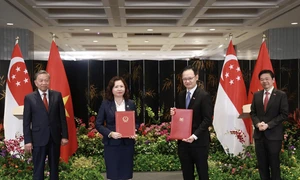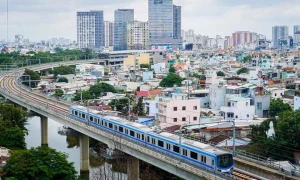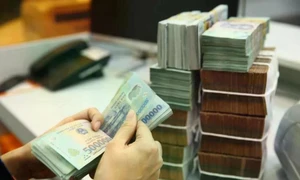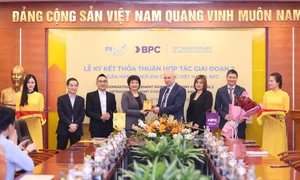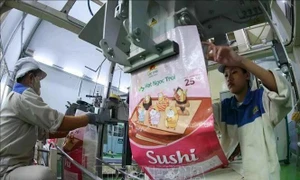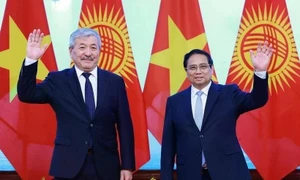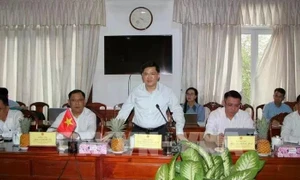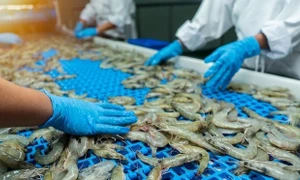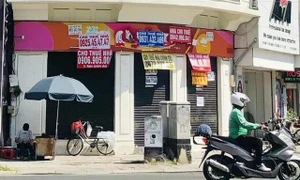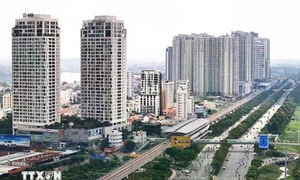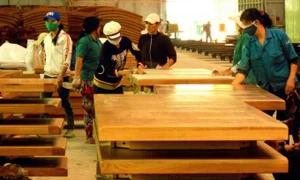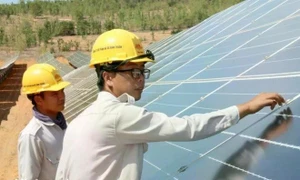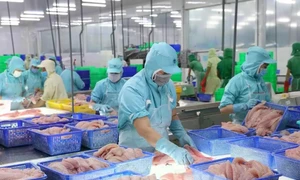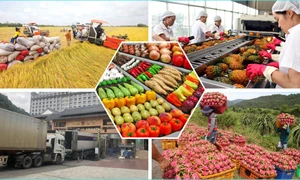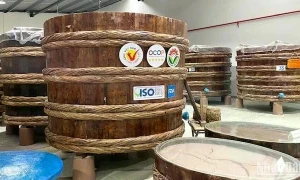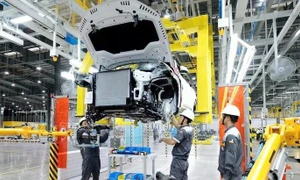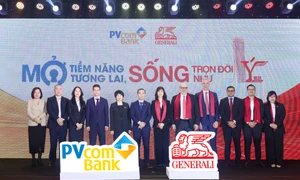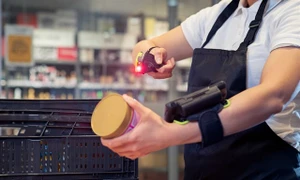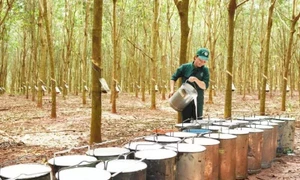
Since late 2023, the number of Vietnamese businesses encountering frauds and scams has increased, and many have been swindled out of tens of thousands and even millions of USD, according to the trade offices of Vietnam in many countries.
In most cases, it was not until businesses found out that they had been defrauded did they ask for help from the Vietnamese embassies and trade offices in other countries to seek fraudulent companies to reclaim the lost goods and money. However, it is very difficult and costly to regain what was lost.
In April 2024, the Asia - Africa Market Department under the Ministry of Industry and Trade (MoIT) issued a warning about a suspected scam relating to a batch of imports from the UAE. In this case, a Vietnamese company signed a contract to purchase 1,000 tonnes of PET plastic valued at 665,500 USD. However, after receiving a deposit of 526,257 USD, the UAE partner handed over 25 containers each of which contained only 15 - 20% of the goods volume stated in the contract.
Similarly, some raw cashew nut suppliers in West Africa provided only 50% of the contracted volume or unilaterally terminated contracts, and then sold the commodity to others at higher prices.
Trade experts said scams are still on the rise and occur in all markets, from Africa, the Middle East and India to developed countries like the US, the Netherlands, and Italy. This is a lesson for Vietnamese businesses to develop a risk management mechanism for foreign trading.
Nguyen Cam Trang, Deputy Director of the MoIT’s Agency of Foreign Trade, stressed that many trading opportunities have been generated for Vietnamese businesses thanks to intensive economic integration into the world, but they also have to face different risks.
Despite continuous warnings from the MoIT, some scams still occur, she said, blaming them on companies’ subjectivity and insufficient knowledge about trade transactions, as well as the unpredictable complexity of scams.
As it is important to seek trustworthy partners, businesses should verify partners, demand intermediary companies provide detailed information about partners, and ready insurance for goods to reduce losses, Trang recommended.
Chau Viet Bac, Vice Secretary General of the Vietnam International Arbitration Centre (VIAC), noted that for the past many years, disputes relevant to foreign trade have taken the lead in the number of disputes submitted to VIAC for settlement, and in many cases, Vietnamese firms suffered from losses.
He suggested them carefully consider big contracts and partners sought via the internet. They should thoroughly learn about partners or seek assistance from Vietnam’s trade offices in other countries in this regard. In addition, they should also pay due attention to penalty clauses in contracts and take into account possible risks during transactions.
Meanwhile, the MoIT has worked with localities, associations, other ministries, and sectors to share information and experience in international trade with businesses, said Hoang Minh Chien, Deputy Director of the MoIT’s Vietnam Trade Promotion Agency (Vietrade).
In the time ahead, it will provide training to improve exporters and importers’ capacity. It has also assigned overseas trade offices to update firms about market situation, issue warnings, and help businesses to verify information about foreign partners, he added.
